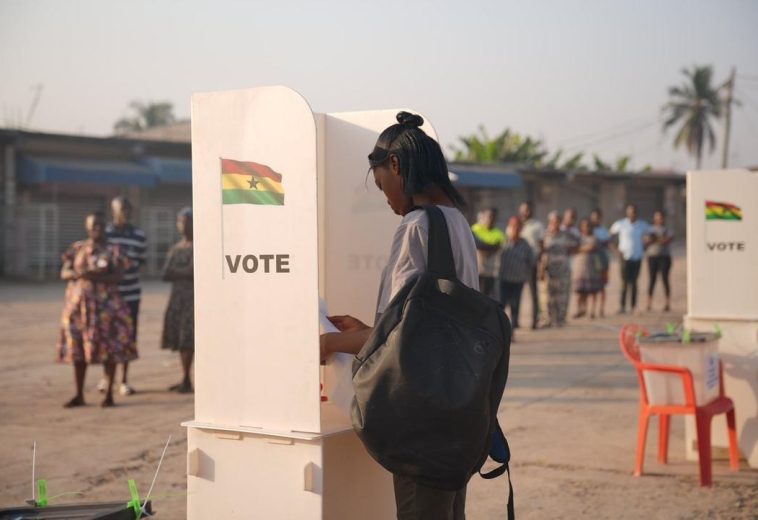From boardrooms to global institutions, African women are redefining leadership and resilience. Their stories are not just tales of overcoming adversity but blueprints for transformative change. Across the continent, women like Ngozi Okonjo-Iweala and Amina Mohammed are shattering ceilings and inspiring generations, proving that the power to reshape Africa’s destiny lies within its women.
NGOZI OKONJO-IWEALA: A TRAILBLAZER IN ECONOMIC DEVELOPMENT
Ngozi Okonjo-Iweala, a Nigerian economist and international development expert, made history as the first woman and first African to lead the World Trade Organization (WTO). Her journey exemplifies her unwavering dedication to economic progress and her commitment to empowering women and girls.
READ ALSO: Women in Leadership: Celebrating Africa’s Pioneering Female Entrepreneurs
Born in 1954 in Ogwashi-Uku, Delta State, Nigeria, Okonjo-Iweala’s academic excellence led her to Harvard University, where she earned a bachelor’s degree in economics. She later completed her PhD in regional economics and development at the Massachusetts Institute of Technology (MIT).
Okonjo-Iweala’s illustrious career spans more than three decades, with leadership roles at institutions such as the World Bank and the International Monetary Fund (IMF). As Nigeria’s Finance Minister (2003–2006 and 2011–2015), she spearheaded key reforms, including negotiating a historic debt relief deal with the Paris Club that erased $30 billion of Nigeria’s debt, implementing a fiscal rule to stabilise macroeconomic volatility, and introducing greater transparency by publishing government revenue allocations.
Her tenure also saw the launch of the Sovereign Wealth Fund and landmark initiatives such as the “Excess Crude Account,” which helped stabilise Nigeria’s economy. She was instrumental in securing Nigeria’s first sovereign credit rating and introduced innovative programs like the Growing Girls and Women in Nigeria Programme (GWIN) and the Youth Enterprise with Innovation Programme (YouWIN), which created thousands of jobs and empowered women.
Appointed as the WTO’s Director-General in 2021, Okonjo-Iweala has championed trade as a driver of economic development and poverty reduction. Her leadership during the COVID-19 pandemic was pivotal, including launching the WTO’s COVID-19 Vaccine Trade Initiative. In November 2024, she was unanimously reappointed for a second term, reflecting global recognition of her vision and accomplishments.
AMINA MOHAMMED: A CHAMPION OF SUSTAINABLE DEVELOPMENT
Amina Mohammed, a Nigerian diplomat and politician, has devoted her career to promoting sustainable development and gender equality. Her efforts reflect her unwavering commitment to creating a more equitable and sustainable world.
Born in 1961 in Gombe State, Nigeria, Mohammed pursued a degree in geography at the University of Reading and later earned a master’s degree in international development. Her extensive career includes leadership roles with the United Nations (UN) and the African Union (AU).
As Nigeria’s Minister of Environment from 2015 to 2017, Mohammed implemented significant reforms, including developing a national climate change policy and introducing a green bond programme to fund environmental projects. She also represented Nigeria on the AU’s Reform Steering Committee, chaired by Paul Kagame.
Since 2017, Mohammed has served as Deputy Secretary-General of the UN, where she has led efforts to advance the Sustainable Development Goals (SDGs) and gender equality. Her leadership during the COVID-19 pandemic was instrumental in launching the UN’s COVID-19 Response and Recovery Plan, which focused on reducing inequalities and supporting vulnerable populations.
The stories of Ngozi Okonjo-Iweala and Amina Mohammed exemplify the power of African women to drive progress and inspire future generations. Their achievements revive hope for millions of Africans striving for excellence in their respective fields.
However, it is crucial to recognise the challenges African women continue to face, including limited access to education, economic opportunities, and systemic discrimination. Despite these obstacles, African women remain a formidable force for change, advancing innovation, sustainable development, and community empowerment.
By celebrating their achievements and addressing barriers to equality, Africa can unlock the full potential of its women, paving the way for a future of inclusive growth and global impact. The stories of Okonjo-Iweala and Mohammed remind us of the transformative power of empowered women and the importance of supporting their rise to leadership.




